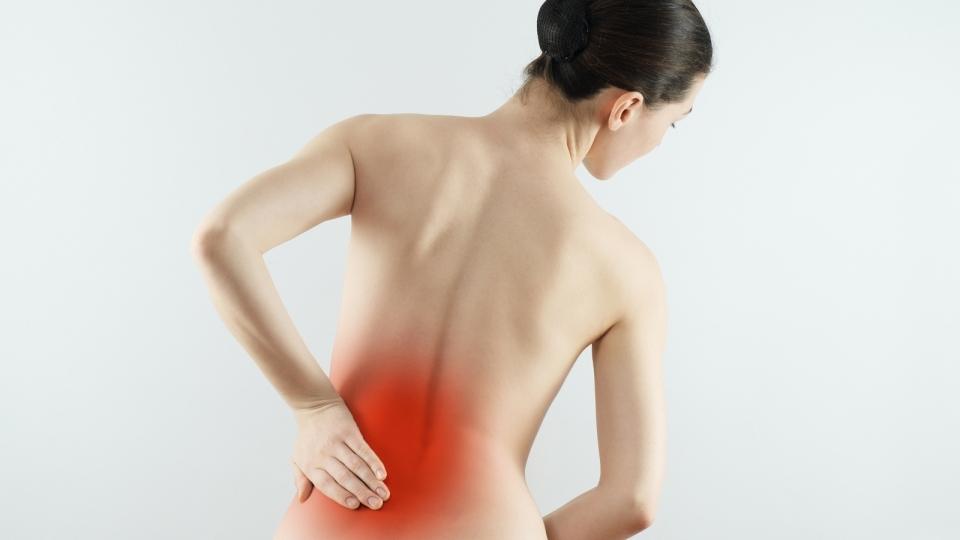KIDNEY STONES
“Kidney Stones.”

Kidney Stones
CAuses
There are many underlying causes of kidney stones. The most common cause is dehydration or inadequate fluid intake. Certain metabolic disorders and diseases (such as hyperparathyroidism) can be associated with kidney stones. Another common cause is a family history of kidney stones.
Symptoms
Symptoms of kidney stones include back pain under the ribcage blood in the urine lower abdominal or groin pain nausea or vomiting urinary urgency or frequency burning with urination or intermittent stream
4 Types of Kidney Stones
Calcium Stones: The majority of kidney stones are calcium stones that consist of calcium oxalate.
Struvite Stones: Most people suffer struvite stones following a urinary tract infection (UTI) or other types of infection. Struvite stones often grow quickly.
Uric Acid Stones: Uric acid stones have been shown to develop in individuals who lack sufficient fluids or have a very acidic urine, uric acid stones may occur due in part to a high-protein diet, gout, or certain genetic factors.
Cystine Stones: Cystine stones form due to cystinuria, a hereditary disorder that causes the kidneys to excrete an excess amount of certain amino acids.
Visit Us
- 1056 E Osceola Parkway, Kissimmee, FL 34744
- admin@healthorlandourology.com
- (407) 808-5656
- (407) 808-5656